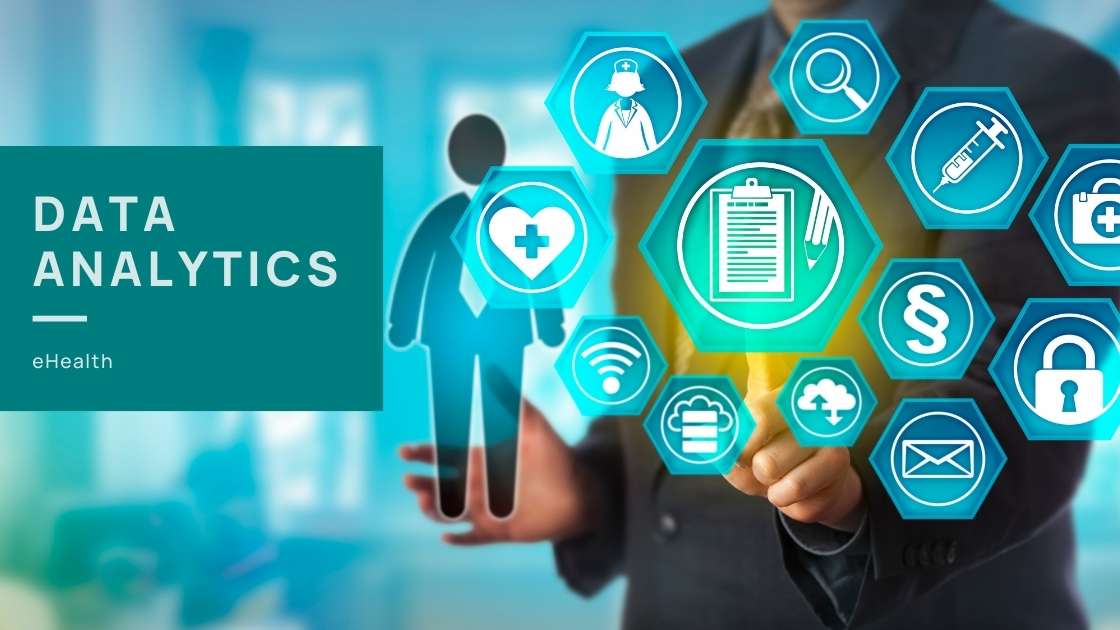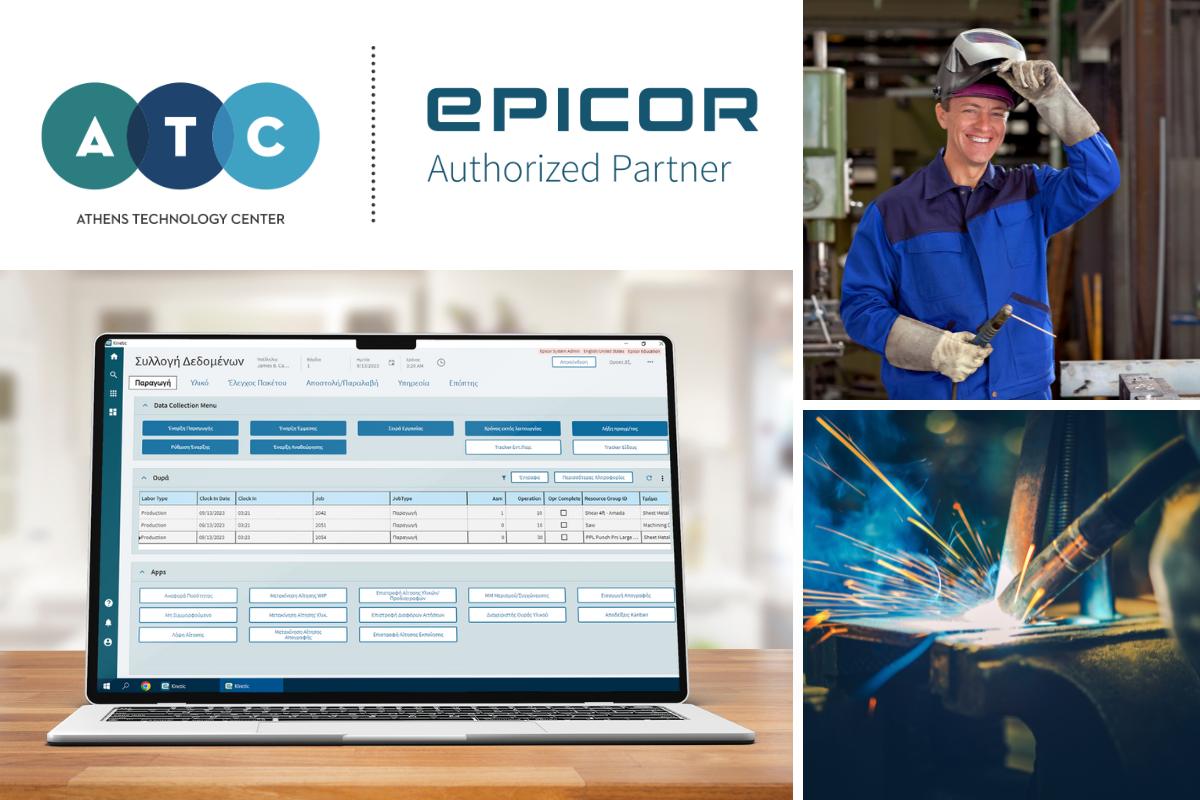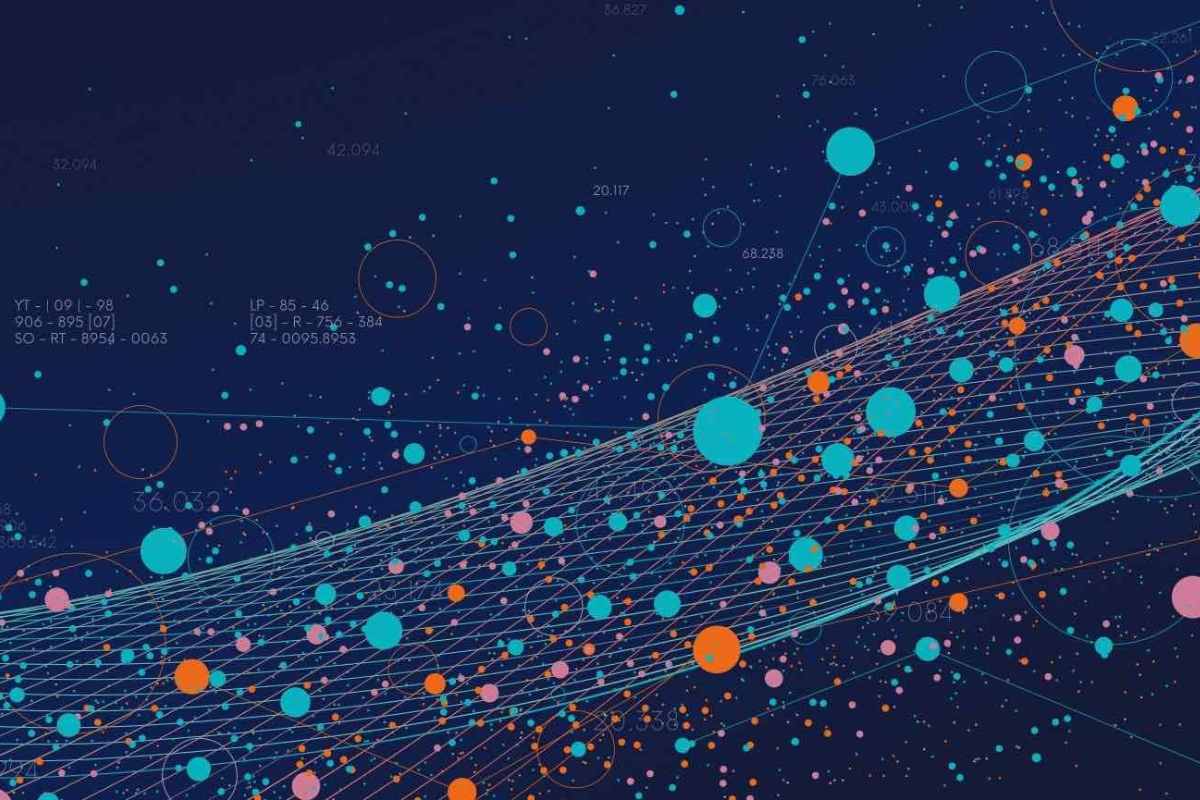Big data analytics have transformed health services; from identifying syndromes by studying electronic health records (HER) to remotely monitor and effectively support seniors that suffer from mental illness or even progressive neurologic disorders. Among others, the collection, processing, analysis, and visualization of medical-related data (from HER, IoT devices, and more), allows the improvement of preventive and therapeutic protocols and leads to enhanced productivity of the health sector overall.
Athens Technology Center (ATC) has developed extensive know-how in the field of Big Data Analysis and in the field of Public Health, always in the light of the One Health Initiative, focusing on research, prevention, and treatment of serious infectious diseases, where most of them are zoonoses. In this context, we have developed tools for surveillance, timely detection, and monitoring of large volumes of real-time data, in order to diagnose and manage animal diseases and promote research for the common good, promote the education of the general public in areas related to human disease and its relationship to animal disease.
Moreover, in ATC, we have been exploring big data analytics applications in the health sector:
- City4Age, working on the effective use of “intelligent” and IoT technologies to ensure a healthy ageing and independent living for older people. City4Age project aims to help individuals capture and exploit data regarding their personal habits & behaviors in a way that will help them maintain their independence for longer. The project goals include (a) the improved early detection of risks related to cognitive impairments (MCI) & frailty, by daily life activities of identified users. Monitoring is based on a combination of openly available data along with data gathered from a variety of IoT sensors (wearables etc). and (b) the provision of personalized interventions to the population at risk, when analyzed data indicate risks for their cognitive and/or physical conditions.
- m-Resist, where we focused on the needs of patients with treatment-resistant schizophrenia, studying new therapeutic protocols and disease management methods based on mobile technologies. It is a project that aims to empower patients with treatment-resistant schizophrenia in order to better self-manage their condition. The project’s primary goal was to examine how mHealth techniques could help in early intervention and treatment of schizophrenia, by promoting collaboration between patients, caregivers, and clinicians.

- BD2Decide, where we worked on developing new prognostic models for the appropriate treatment of head and neck cancer cases, aiming to improve the clinical decision process, uncover new patient-specific patterns that can improve care, and create a virtuous circle of learning. The project realized and validated an Integrated Decision Support System that links population-specific epidemiology and behavioral data, patient-specific genomic, pathology, clinical, and imaging data with big data techniques and multiscale prognostic models. Advanced graphical visualization tools were developed for prognostic data disclosure and patient co-participation in the selected treatment.
- EVOTION, aiming to support decision making and shaping of holistic public health policies for hearing impaired people, via the collection & analysis of big, heterogeneous datasets related to hearing loss. To achieve this, the project team had access to big data sets, like HA usage, noise (TTS) episodes, audiological, physiological, cognitive, clinical and medication, personal, behavioral, lifestyle, occupational, and environmental data. The utilization of these data came via an integrated platform supporting: (a) the analysis of the above datasets to enable the identification of causal and other effects amongst them, (b) policy decision making focusing on the selection of effective interventions related to the holistic management of HL, based on the outcomes of (a) the formulation of related public health policies, and (b) the specification and monitoring of such policies in a sustainable manner.
- IASIS, where we delivered a decision support system integrating both unstructured & structured data analysis, image & sequence analysis, to support, personalized diagnosis & treatments in two disease areas – lung cancer and Alzheimer’s disease (personalized or precision medicine). The project team was based on data from various sources, such as blood tests, medical imaging (X-rays), gene data (DNA samples), etc. so that doctors can suggest individualized treatments. The data were analyzed and integrated into an innovative database in the form of a knowledge network, providing useful information on the specific diseases and supporting the discovery of complex interactions between the various parameters of the problem (such as the effect of genetic factors in the course of cancer treatment).
>>> Download the eBook of our Big Data Analytics applications!





